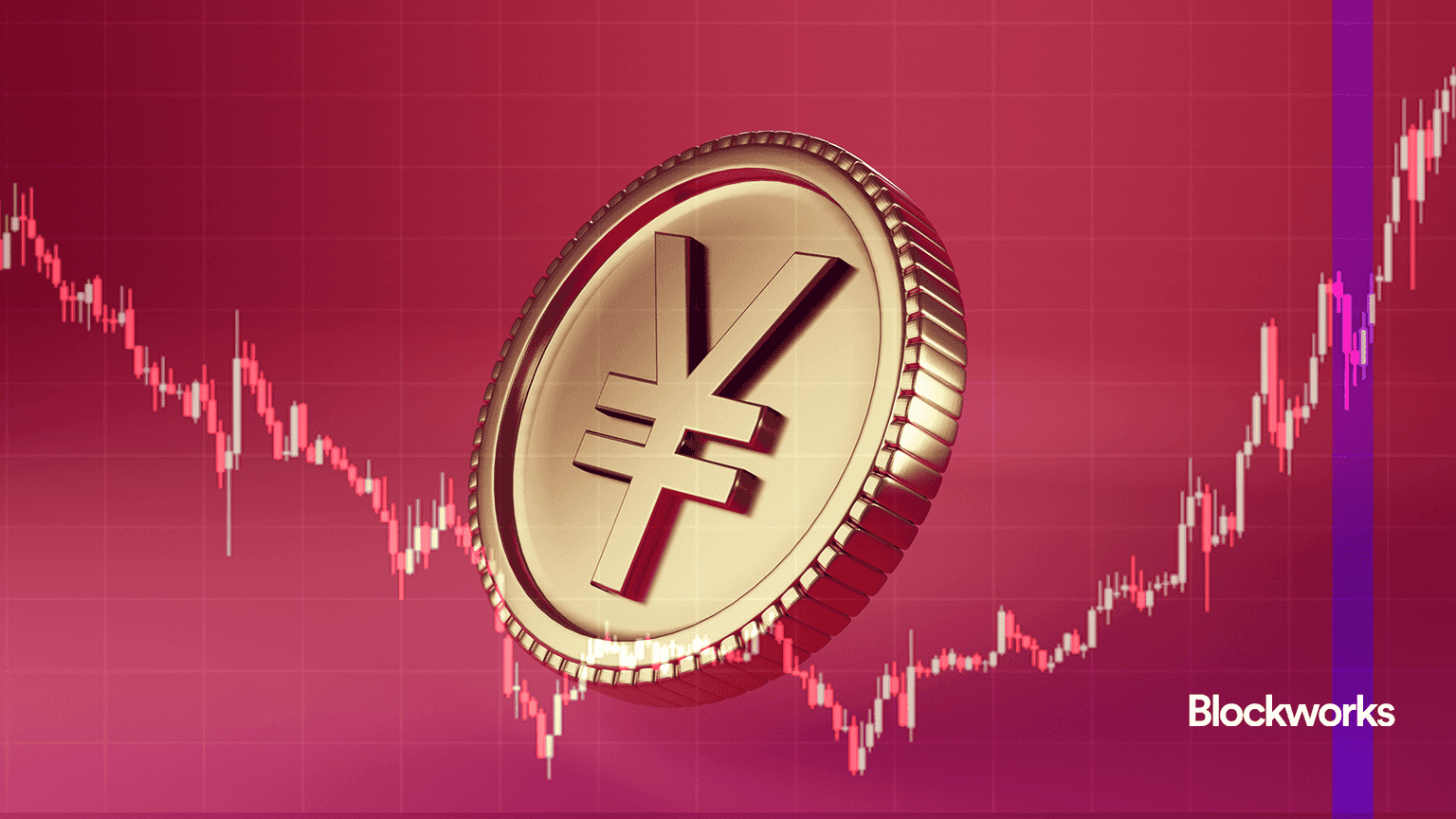DOJ arrests Tornado Cash co-founder Roman Storm, OFAC sanctions Roman Semenov
The inclusion of Roman Semenov on the sanctions list marks an escalation of the US government’s previous investigations into the crypto mixer

LeStudio/Shutterstock modified by Blockworks
Two co-founders of Tornado Cash were charged with US federal money laundering and sanctions violations on Wednesday, prosecutors said.
One of the co-founders, Roman Semenov, was additionally added to the Office of Foreign Assets Control’s specially designated nationals list.
Roman Storm, Semenov’s business partner, were both deemed responsible for laundering upwards of $1 billion in “criminal proceeds” through the mixing service, according to a joint statement from a number of US agencies on Wednesday.
Among the parties participating in the wide-ranging investigation, according to the statement, were the US Attorney for the Southern District of New York, US Attorney General Merrick Garland and the FBI. The IRS’ criminal division also played a role.
The move to include both on OFAC’s list marked an escalation of US probes into Tornado Cash, which is intended to ensure transaction privacy through mixing pools. A lawsuit involving the Treasury has been ongoing.
OFAC listed Semenov’s known email addresses, as well as Ethereum wallet addresses.
Storm, who prosecutors said was arrested on Wednesday, was not sanctioned under OFAC. Semenov’s whereabouts were unknown. A third-co-founder was not charged or sanctioned, with the Treasury noting that Alexey Pertsev was “arrested on related money laundering charges in the Netherlands in August 2022 by Dutch law enforcement authorities.”
OFAC makes public a list of targeted individuals and companies that have either been owned or controlled by companies on which the US has placed active sanctions. The list ensures corresponding assets are blocked and that “US persons” are prohibited from dealing or doing business with them.
“While publicly claiming to offer a technically sophisticated privacy service, Storm and Semenov in fact knew that they were helping hackers and fraudsters conceal the fruits of their crimes,” US attorney Damian Williams said in a statement.
The State Department confirmed that the action taken against Semenov and Storm was part of the government “disrupting the ability of the DPRK to raise funds through illicit activity” and was aimed at protecting the “integrity of our financial system, including the virtual currency ecosystem.”
Co-founders hit with three US charges
The two were charged with conspiracy to commit money laundering, conspiracy to commit sanctions violations and conspiracy to operate an unlicensed money-transmitting business.
Prosecutors also referred back to allegations that Tornado Cash was involved with a hacking collective linked to North Korea.
“Even after they knew the Lazarus Group was laundering hundreds of millions of dollars’ worth of stolen virtual currency through their mixing service for the benefit of the Kim regime, Tornado Cash’s founders continued to develop and promote the service and did not take meaningful steps to reduce its use for illicit purposes,” said Deputy Secretary of the Treasury Wally Adeyemo in a statement.
The DOJ’s charges and OFAC’s sanctions come after a judge on Aug. 18 backed the Treasury over the Tornado Cash lawsuit, where plaintiffs attempted to claim OFAC overreached in its sanctioning of the crypto mixer. OFAC’s move on Wednesday marks the first big move to bring Semenov individually under sanctions — as opposed to Tornado Cash as a company.
The outcome preserves the plaintiff’s ability to appeal.
The office sanctioned Tornado Cash in 2022 after it claimed that hackers were able to launder $7 billion in crypto assets. It specifically added 45 Ethereum wallet addresses.
The judge overseeing the case ruled that Tornado Cash can be sanctioned as an entity — despite its decentralized nature — and as such fell under the jurisdiction of OFAC.
Specifically, the judge said, “The entity is composed of its founders, its developers, and its DAO.”
Updated Aug. 23, 2023 at 5:00 pm ET: Added statement from State Department.
Updated Aug. 23, 2023 at 1:04 pm ET: Added additional context throughout. Updated headline.
Get the news in your inbox. Explore Blockworks newsletters:
- The Breakdown: Decoding crypto and the markets. Daily.
- 0xResearch: Alpha in your inbox. Think like an analyst.






